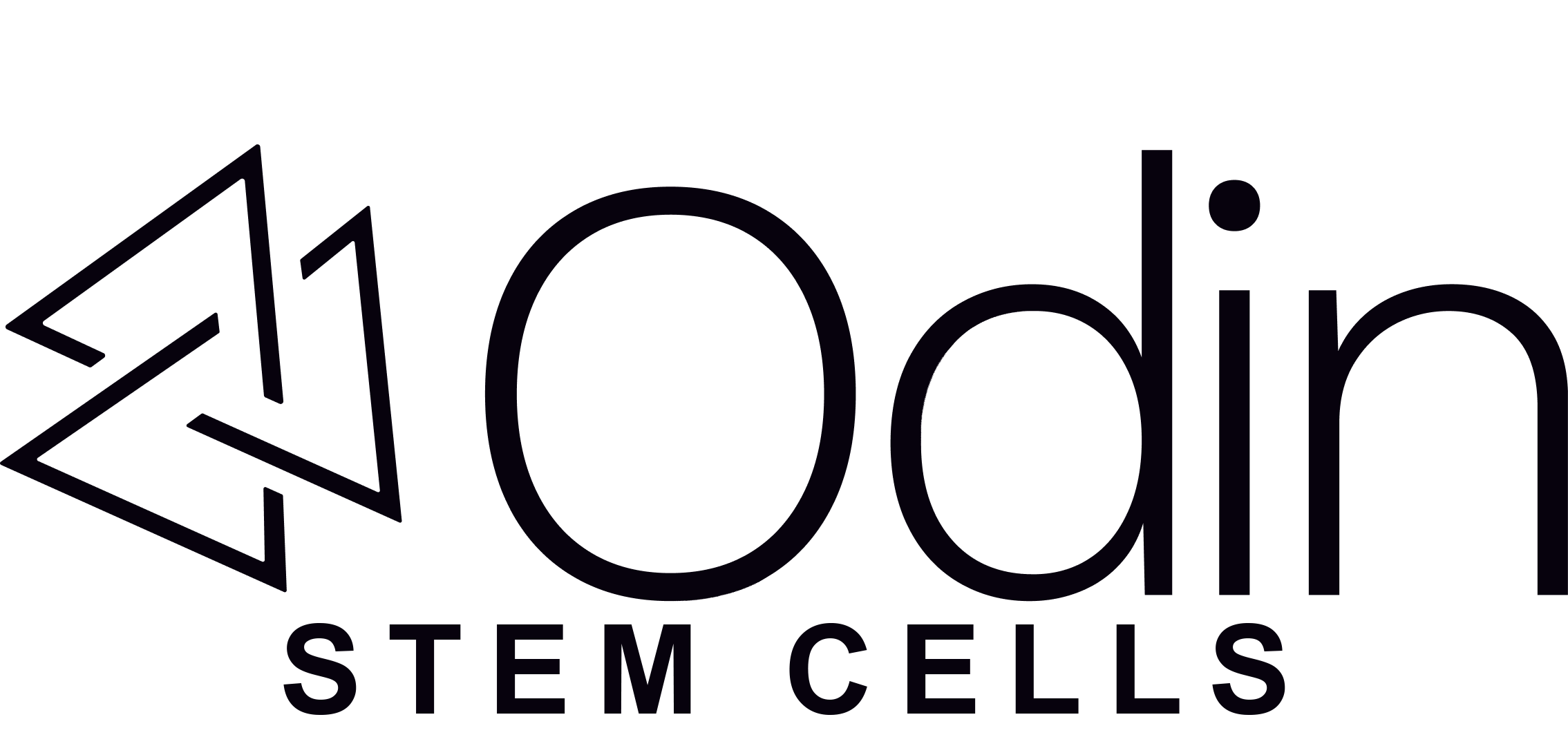Stem Cell Therapy for Auto Immune Disorder
Auto Immune Disorder Stem Cell Treatment
Stem cells hold promise for regulating immune responses and potentially reversing autoimmune conditions.
Auto immune disorder
Stem cell therapy has shown promise in the treatment of autoimmune diseases by potentially resetting the immune system, reducing inflammation, and repairing damaged tissues.
Here’s a breakdown of what stem cells can do for autoimmune diseases:
1. Immune System Modulation
- Resetting the Immune System: In autoimmune diseases, the immune system mistakenly attacks the body’s own tissues. Certain types of stem cells, like hematopoietic stem cells (HSCs) from bone marrow or umbilical cord blood, can be used in a process called autologous hematopoietic stem cell transplantation (AHSCT). This process involves harvesting a patient’s own stem cells, followed by chemotherapy to wipe out the malfunctioning immune system, and then reintroducing the stem cells to help rebuild a healthier immune system.
- Regulating Immune Responses: Mesenchymal stem cells (MSCs) have immunomodulatory properties, meaning they can regulate immune responses. They may help reduce the abnormal immune response seen in autoimmune diseases, potentially reducing inflammation and autoimmune attacks.
2. Reducing Inflamation
- Resetting the Immune System: Stem cells can secrete anti-inflammatory factors that reduce inflammation and tissue damage in autoimmune conditions. This can be particularly beneficial in diseases chracterized by chronic
3. Tissue Repair and Regeneration
- Stem cells have the ability to differentiate into various cell types, which means they could potentially repair and regenerate damaged tissues, For example, in auto immune diseases like multiple sclerosis, where the immune system attacks the protective covering of nerve fibers (myelin), stem cell therapy may help repair or replace damaged nerve cells and restore function.
4. Promising Applications in Specific Diseases
- Multiple Sclerous (MS): Studies have shown that AHSCT can lead to long-term remission in some MS patients, reducing the frequency and severity of relapses.
- Rheumatoid Arthritis (RA): MSCs have been investigated for their ability to modulate the immune response and reduce inflammation in RA patients.
- Systemic Lupus Erythematosus (SLE_: Stem cell therapies, particularly those involving MSCs, have shown potential in reducing disease activity and improving symptoms in lupus patients.
- Type 1 Diabetes: Research is ongoing into using stem cells to regenerate insulin-producing beta cells destroyed by the immune system.
5. Current Limitations and Research
- While stem cell therapy holds great promise, it is still largely experimental for many autoimmune diseases. Research is ongoing to better understand the mechanisms of action, optimize treatment protocols, and ensure safety and efficacy.

How we care
for our patients
At Odin, we are committed to making stem cell therapy a catalyst for significant improvements in quality of life, helping individuals to “feel human again.” By focusing on accessibility, we bridge the gap between advanced medical technology and everyday healthcare needs.
This commitment places Odin at the forefront of a healthcare revolution, making us a beacon of hope and innovation in the field.
How Stem cellS work
Stem cells are basic cells that can turn into different types of cells when needed by the body. They can either multiply or change into specific cell types, making them useful for many purposes.
Umbilical Cord Stem Cell Therapy
Umbilical cord stem cell therapy is gaining attention for its potential to treat a wide range of medical conditions. This approach is showing promise in regenerative medicine and is being explored for various uses, offering hope for innovative treatments and improved outcomes.
Why Choose Odin Clinic?
Book a call with one of our doctors.
Discover how stem cell therapy can help you. Speak directly with one of our doctors today and start your path to living a better life.
